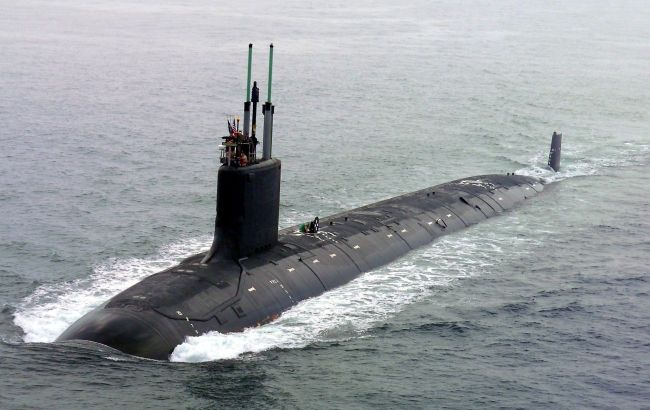UK and Australia sign major deal to build submarines
 Photo: UK and Australia signed a large-scale agreement to build submarines (wikimedia.org)
Photo: UK and Australia signed a large-scale agreement to build submarines (wikimedia.org)
Australia and the United Kingdom have signed a major agreement to strengthen cooperation in the development and production of nuclear submarines. The agreement will be valid for 50 years, Reuters reports.
The new agreement is a continuation of the AUKUS pact, which was concluded by Australia, Britain, and the United States in 2021.
The document was signed by Australian Defense Minister Richard Marles and British Defense Minister John Healey in Geelong, Victoria.
The new agreement is intended to provide Australia with nuclear attack submarines over the next decade to counter China's ambitions in the Indo-Pacific region.
"The Geelong Treaty will enable comprehensive cooperation on the design, build, operation, sustainment, and disposal of our SSN-AUKUS submarines," the statement says.
The agreement is a "commitment for the next 50 years of UK-Australian bilateral defence cooperation under AUKUS Pillar I."
The bilateral agreement will form the basis of the two allies' submarine development programs and is expected to secure investment of $ 27.1 billion in exports over the next 25 years.
AUKUS
AUKUS is Australia’s largest ever defence project, and Canberra has committed A$368 billion over three decades to the programme, which includes billions of dollars in investment in US manufacturing.
In the first phase, Washington is to sell Australia a batch of Virginia-class submarines. The first are due to arrive in the early 2030s.
Later, the UK and Australia will jointly design and build a new model of nuclear submarines called the SSN-Aukus, the first of which is due to be ready in the early 2040s.
At the same time, the Pentagon has begun a review of the pact as the Donald Trump administration seeks to shift more responsibility to allies and ensure the sufficiency of the US’s fleet of warships.
The review aims to ensure that allies contribute more to collective security and that America’s defense-industrial base can meet domestic needs.

